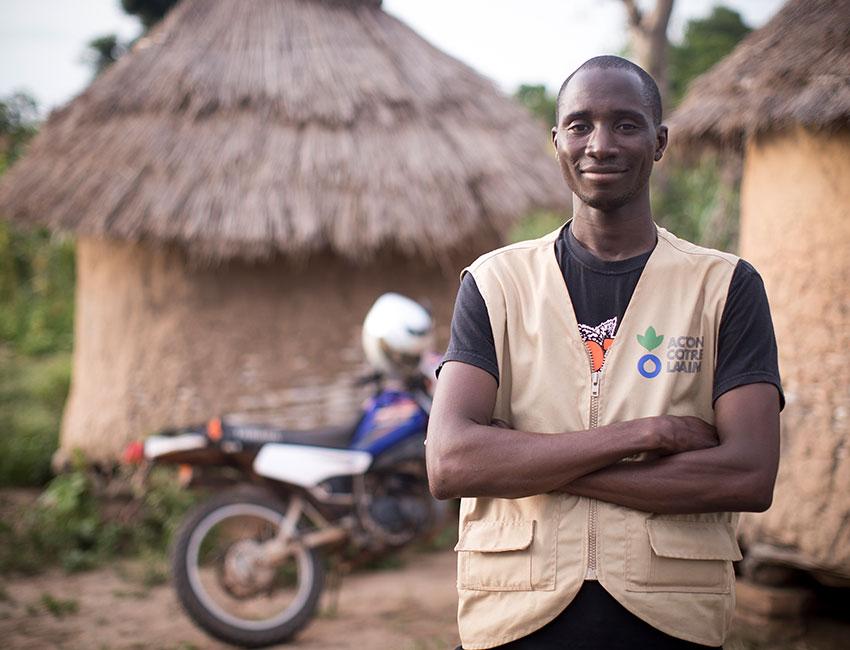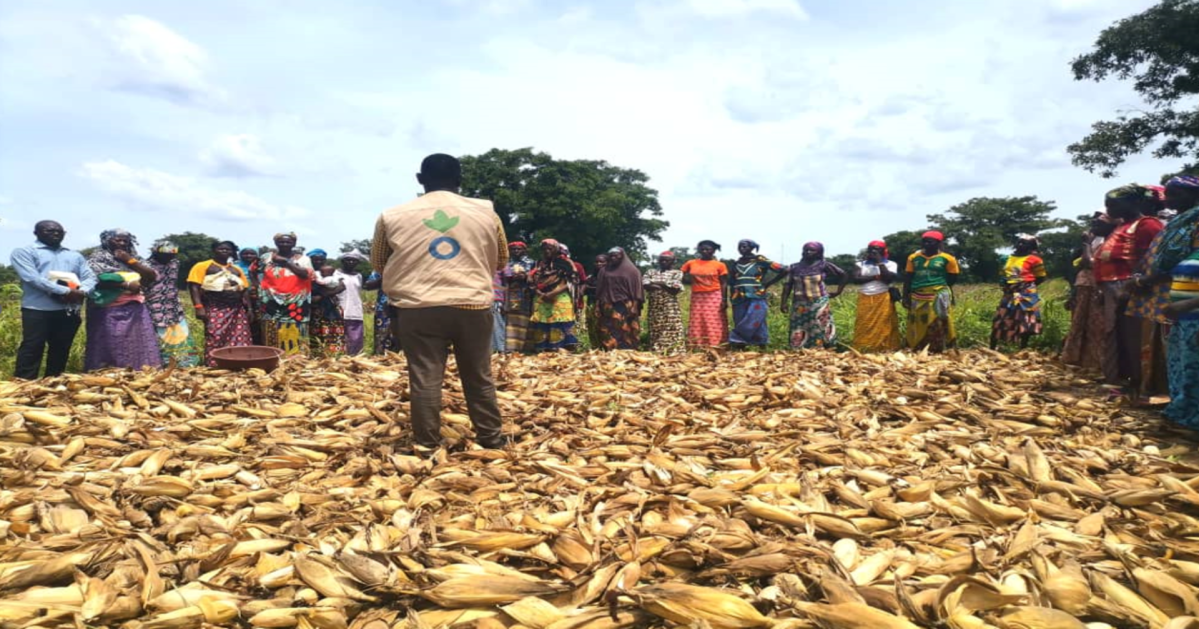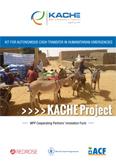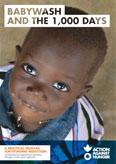
Humanitarian context
Mali is facing multiple crises, including political instability, the widespread presence of local and international paramilitary groups, precarious public services, natural disasters, rising prices, shortages of basic products and population displacements.
BENEFICIARIES
workers
NUTRITION
WATER, SANITATION AND HYGIENE
EXPATRIATES
NATIONAL
Our activity
With an INFORM risk index among the 10 lowest in the world, Mali is facing a protracted multidimensional crisis, which is worsening and spreading in the heart of the Sahel regional crisis. In a context of underdevelopment, poverty and climate change, the situation in Mali is characterised by political instability, the presence of local and international non-state armed groups in much of the country since 2012, weak infrastructure capacity (basic public services), the risk of natural disasters and the increased costs and/or reduced availability of basic commodities, all of which are exacerbated by population displacement.
As a result of the crises and all the associated factors, 11.7 million people have been affected, of whom 5.9 million are in need of humanitarian assistance, while 2.2 million are in acute need. In other words, one third of the Malian population is in need of humanitarian aid. In 2023, the nutritional situation now appears to be much worse than in the previous year, with more than 39 districts in a severe situation (IPC Phase 3), compared with 28 districts in 2022. This deterioration in the food situation is partly due to the worsening morbidity (disease) rate, the re-emergence of food insecurity in some localities, the reduced reach of nutritional programmes, the deterioration of hygiene and the insecurity that persists in some regions of the country.
In 2023, Action Against Hunger was active in Mali, implementing 20 projects in Kayes, Gao, Ménaka, Timbuktu, Ségou and Sikasso to help achieve the vision of "A world without hunger in which all children and adults have enough food, water and access to the resources they need to lead healthy lives," and improving food and nutrition security for women and children under 5.
Through its thematic strands (Health, Nutrition, Washing, Food Security and Livelihoods, Advocacy and Gender), it has contributed to the adoption of good nutritional and hygiene practices; equitable access to Sexual, Reproductive, Maternal, Newborn, Child and Adolescent Health (SRMNCAH) services through mobile teams; advanced strategies and support for health facilities; increased community resilience to change; strengthening of care and treatment of malnutrition through the Wash in Nut approach; improved water supply systems, restoration and construction of water points; promoting good hygiene and sanitation practices; supporting livelihoods through economic recovery initiatives (AGI, AVEC) and creating temporary paid employment through Cash For Work; supporting the agriculture, livestock and fish farming sectors; empowering women in terms of decision-making, reducing workloads, or integrating them into Economic, Social and Cultural Development Plans that incorporate nutrition, lobbying the government to establish a coordination framework or lobbying for the approval of the water and sanitation policy, among other elements.
Under the RRM, Action Against Hunger in Mali provided food aid to 121,271 internally displaced households in the regions of Gao, Ménaka, Kayes, Koutiala, Sikasso, San and Ségou in 2023.
WHERE WE HELP
We help 24.5 million people each year. We work in 55 countries in Africa, Asia, Latin America and Europe, those most threatened by hunger.
EYEWITNESSES
IBRAHIM: "MY MOTIVATION IN THIS JOB IS KNOWING THAT I AM HELPING TO SAVE LIVES"
Ibrahim Sangare is one of the community health workers in Mali whose aim is to detect and treat life-threatening malnutrition in the country's most remote communities.
For four years, Ibrahim has supervised community health workers in Mali, travelling hundreds of kilometres on his motorbike every day to get to hard-to-reach villages in the Kita region of Mali. "I travel around the area on my motorbike, passing through different villages to help community health workers with any technical difficulties and trying to find a solution if I can," says Ibrahim.
Some of the villages where Ibrahim works are 25 km from the nearest health centre. For families with sick children, it is almost impossible to access treatment for malnutrition without walking many miles or using motorbike taxis. With the aim of making treatments for malnutrition accessible to as many people as possible, Ibrahim trains community health workers in the region. This enables them to detect and address life-threatening malnutrition.
Travelling over rough roads to reach vulnerable communities, Ibrahim continuously monitors the community health workers he has trained to ensure that they are meeting the needs of sick children. "I supervise them in their daily tasks," Ibrahim explains. "If a sick child comes in when I'm there, I follow them in their work," she continues. "If I note a mistake, I explain how to do it and how they can avoid mistakes.
Since Ibrahim began his work four years ago, he has seen many positive changes in the treatment of malnutrition. "Having treatment for malnutrition within the community has greatly reduced malnutrition and other diseases in the community," explains Ibrahim.
Thanks to people like Ibrahim, and the intervention of Action Against Hunger, we have trained community health workers living in the heart of rural communities. Ibrahim has built a strong relationship with the community health workers he works with and gets along well with them. "We must continue this work, it is really important," says Ibrahim. "My motivation in this job is knowing that I am helping to save lives," he adds. Families can now access the life-saving treatment they need for their children much closer to home.




